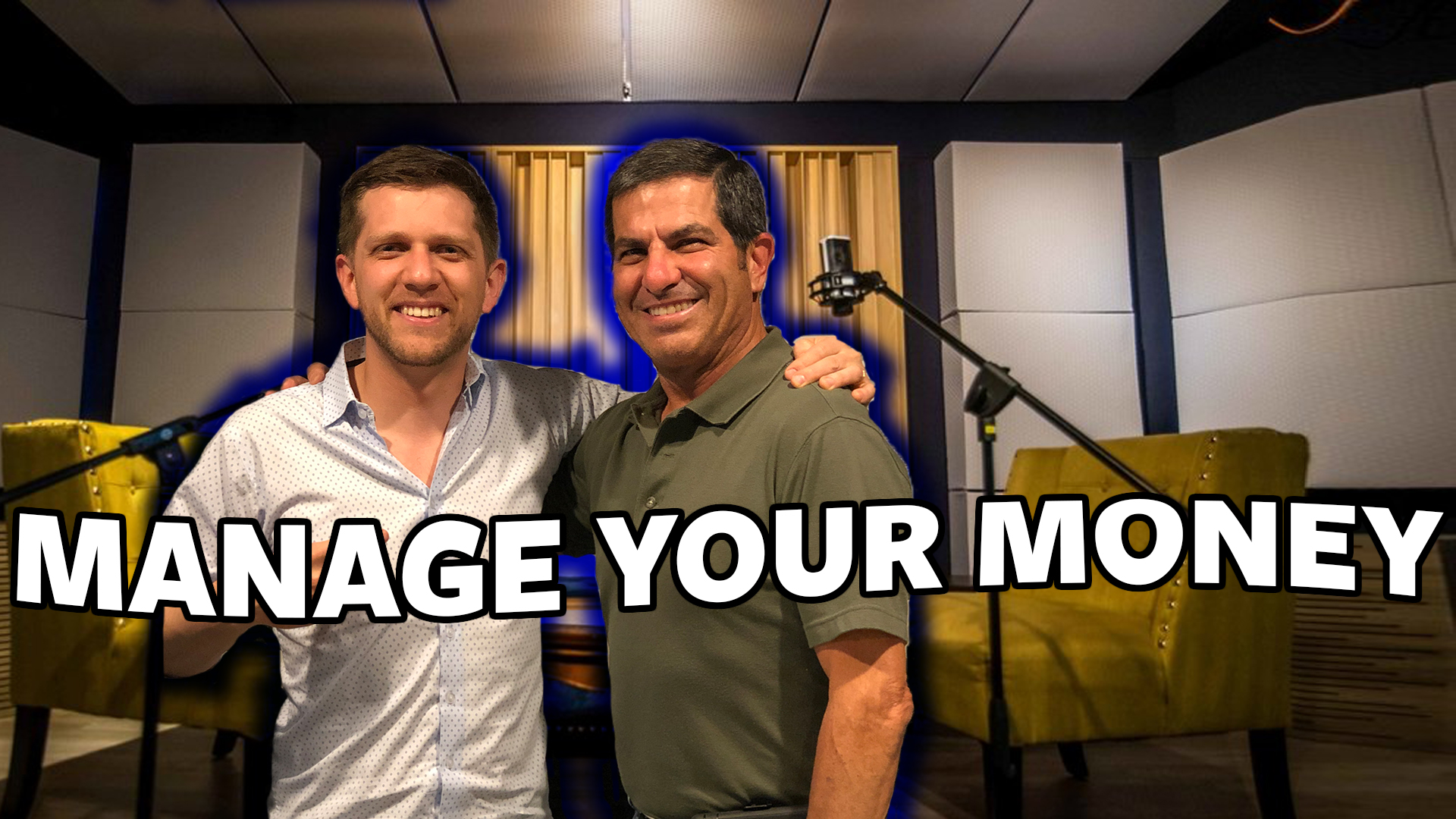Develop the Discipline of Saving to Achieve Your Goals
When it comes to saving money, most of us have the same goal in mind – save as much as possible as quickly as possible, while still being able to lead a satisfying and fulfilling life in the present. That may seem simple – if not easy to achieve – but it can be somewhat complicated. How exactly should you go about trying to save money? When should you save, and when should you invest? Where should you focus your efforts to help build long-term wealth? To help answer these questions and more, we sat down with Tony Pierfelice, a local businessman and investor who has successfully navigated the process of saving and investing.
Formerly a business owner with almost full control of his finances, Pierfelice was able to set himself up for success from the start. And while he acknowledges that not everyone is as fortunate as he has been in terms of career, he feels that the basic principles that helped him to achieve his financial goals hold for nearly everyone looking to save and invest. First, he says, you need money to get started investing. This can be the most significant barrier to entry for would-be investors, but Pierfelice sees it as a motivator to focus first on saving. By beginning to make long-term and easily accessible investments, as with a 401k, as soon as possible, and by avoiding debt as much as possible and only utilizing it strategically rather than by necessity, Pierfelice has been able to build a solid financial foundation that enables him to branch out and diversify his investments.
Of course, that isn’t always realistic for everyone – while it would be ideal to save enough money to invest without having to borrow, there are many reasons that this may not be attainable. And, while Pierfelice suggests building up a savings cushion that would enable you to live frugally for three to six months before beginning to invest, he recognizes the reality – you need money to get started in real estate, and those who haven’t been as lucky as him may need to borrow in order to do that. So how can you balance debt management and saving with the necessity of borrowing? Pierfelice boils it down to risk assessment, both for the borrower and for the lender. As a lender, Pierfelice looks to evaluate every deal he makes to ensure that he isn’t lending into an over-leveraged deal, and explains to the investor why he may not be comfortable lending to them in a given situation. “I encourage the people I’m working with to put money aside,” he says. “I basically encourage them to get to the point where they don’t need me.” Until they’re at that point, however, Pierfelice suggests that investors remain patient and ensure that they find the right lender and deal, not simply purchasing something because the financing is available. In short, he advocates for making smart investments, whether as a lender or as a borrower.
Even once an investor has been able to both save money and begin to meet their personal investment goals, though, there are still challenges to consider. For Pierfelice himself, one of the greatest struggles that came with success was finding a way to balance work and life as a whole. As many investors do, he found himself falling into a mental trap – as he became more successful and his time more valuable, the opportunity cost of forgoing a deal grew larger. He began to calculate the amount of money lost each time he chose to take a day – or even an hour – away from work. Ultimately, he came to the realization that he now professes to other investors – to be successful, you must learn to make not only financial investments but also investments in yourself. Make time to get away, and take advantage of the downtime you’re not in control of to spend time with your friends and family, and to simply enjoy your life. This, Pierfelice suggests, is the most critical aspect of working as an investor – after all, isn’t an enjoyable life what we all work towards in the end?
Ultimately, what success has come down to for Pierfelice is the conscious pursuit of goals that are meaningful to him. “Develop a written plan for your life,” he suggests, to aid in the development of concrete goals and both personal and financial discipline. “If you don’t set goals and milestones, you’ll never achieve where you want to go.” He suggests identifying a long-term objective and then establishing a series of steps that will lead to its fulfillment.
All of that can feel like a lot, and new investors may find themselves overwhelmed. Pierfelice suggests that, when it all gets to be a bit much, investors take a step back and look at the practical basics: control your expenses, set aside as much as you can, and don’t give up your day job until you can replace that income form a definitive cash-flow stream. Once those building blocks are in place, whether that happens in a year or a decade, you can begin to branch out and work towards achieving your bigger goals.
To learn more about how to save money, develop discipline, and achieve your goals, visit AVLRealEstateNews.com.




